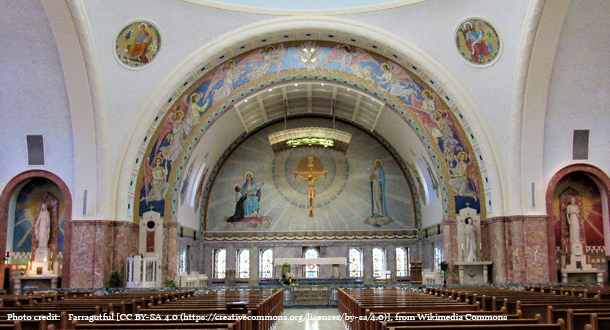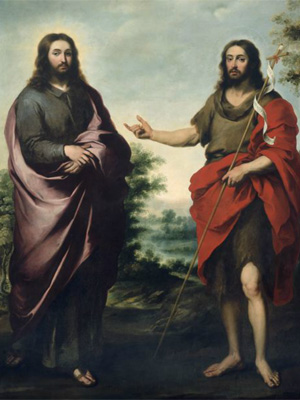
Scripture:
Reflection:
The first reading for today begins with a surprising statement: “Beloved, if God so loved us, we also must love one another.” As I read this, I was expecting the author to say: “If God so loved us, we also must love God.” But no. The real test of whether we are returning God’s love is our passing that love on to others around us. God is the source of love and does not need our love returned. We cannot give God something God has in infinite abundance. God does not want us to hoard this gift of love nor to return it. God wants us to use it by loving our brothers and sisters.
The reading tells us that “no one has ever seen God.” Therefore, it is difficult to measure our love for God. We can say that we love God and the way to prove that personal statement is that we love others as God loves us. Therefore, if we can say that we are sincerely trying to love the people around us, those with whom we come in contact by design or by chance, then God is genuinely present within us. These people are very visible, sometimes uneasy to be with. Yet, it is to these people that we are called to share God’s love.
Our Christian life is not primarily about being politically correct or religiously correct, not about being perfect in following every rule or in performing religious duties flawlessly. Our Christian life is about being loving people. And the source of that love is God, not ourselves. Our loving acts are an expression of God’s love working in and through us. We see this dynamic working in Jesus Christ, whom God sent as an offering for our sins. Jesus on the cross is the most dramatic sign of God’s love for us, a love that is freely given and never earned by any action of ours.
Six days into the New Year. How are you doing with your resolutions to make this a better year? Did you include being a more loving person?
Fr. Don Webber, C.P., resides in Chicago, Illinois.







